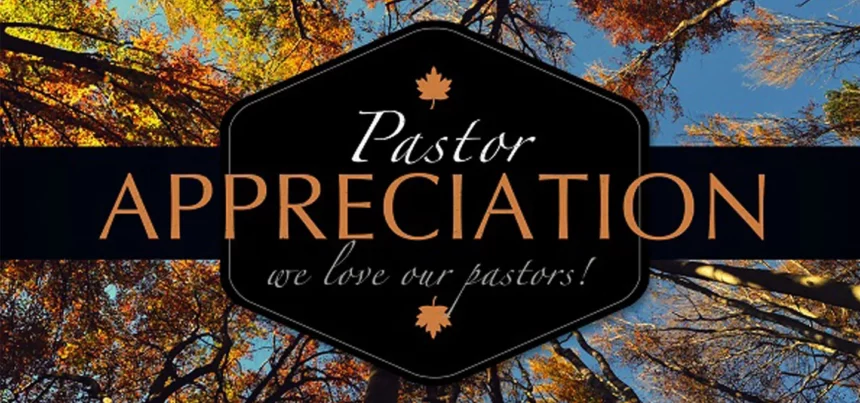The Seventh-day Adventist Church has an organization structure that I suspect virtually every other church denomination either envies or would envy if they knew more about it.
Now – I am imagining that if that statement appeared on social media, I would be pilloried – which is a fancy way of saying I would get killed. There is not a whole lot of applause for the organizational structure of our church. It is quite often criticized for being slow, top-heavy, inefficient, more interested in maintenance than in growth-and a bunch of other things – some of which may well be true.
But here is what is also true: I don’t know of any other denomination who would trade our organizational structure for theirs. The fact is that there is hardly any place in the world that you can go and not be fairly close to a Seventh-day Adventist church or a church member or school or a hospital or a clinic or something or someone who is Adventist. And that is truer of this denomination than any other.
Today, I would like to thank the group of people who are the secret drivers of this denominational engine that has nearly 200,000 churches in 212 of the 235 countries; 10,000 schools, educating over 2 million students; and 1,100 hospitals, clinics, dispensaries, nursing, and retirement homes, and the nearly 2.5 billion dollars of tithe that came in last year to help support all of this. None of this happens without the local church. And the person designated in the local church with the responsibility to make this happen is the pastor.
According to the General Conference Office of Archives, Statistics and Research (the source of all the statistics in this articles), there are nearly 21,000 pastors in the Seventh-day Adventist Church. Most of them are unknown beyond their local church and conference. But they are the ones who preach our sermons, baptize our new members, bury our deceased members, comfort our bereaved members, counsel our troubled members, encourage our discouraged members, marry our newlyweds, and bless our babies. They are the ones whom God uses to change our lives.
The month of October is designated as Pastors Appreciation Month. And we just want to say to all of our pastors, “Thank you.”
No, pastors are not perfect although their members often seem to expect them to be. We expect them to have perfect marriages and have perfect children. We expect them to have a certain standard of living even though we typically pay them below what other professionals with their level of education make and we further undercut that by frequently and unexpectedly relocating them.
God tells them every week to stand in the pulpit and tell their members how God would have them to live their lives when like all sinful human beings they struggle with living their own lives. It is a difficult, often lonely profession and only those who have done it really know how difficult it is to do it. And yet, it is the greatest calling and privilege that can be given to any person.
I suspect that if we think about it, most of us can think of some pastor who God used to bless and change our lives in a profound manner. Maybe it was through a sermon that the Lord sent at a particular time in our lives that stayed with us for the rest of our lives. Maybe it was a time that a pastor prayed for us or counseled us – or was just there for us when we needed them.
I was profoundly blessed and influenced by the pastors that the Lord placed in my life: Elders C. D. Brooks, Aaron Brodgen, and E. C. Ward just to name a few. Then, after I became a pastor, the Lord sent people into my professional life like Elder W.W. Thomson – my first conference president and the one who gave me my first job. I’m grateful to Elder C. E. Dudley who called me to South Central Conference and who was and still is the greatest leader I have ever been around.
Elder Joseph McCoy gave me my first opportunity to become a church administrator. He was succeeded by Elder Benjamin P. Browne, who was my greatest mentor. Elders E. E. Cleveland, C. E. Bradford and T. Marshall Kelly profoundly impacted my life just by being E. E. Cleveland, C. E. Bradford and T. Marshall Kelly.
Most of those men are gone now. But they continue to impact my life years after their lives have ended. That’s what good pastors do. They may die, but their godly influence never does. The grave may silence their distinctive voices, but we still hear those voices in our minds – voices that remind us of what God requires of us and what He has promised to do for us.
And to those men and to thousands of other men and women who God has used in the past and is using today to bless us and change us and save us we say, “Thank You, Pastors.”

